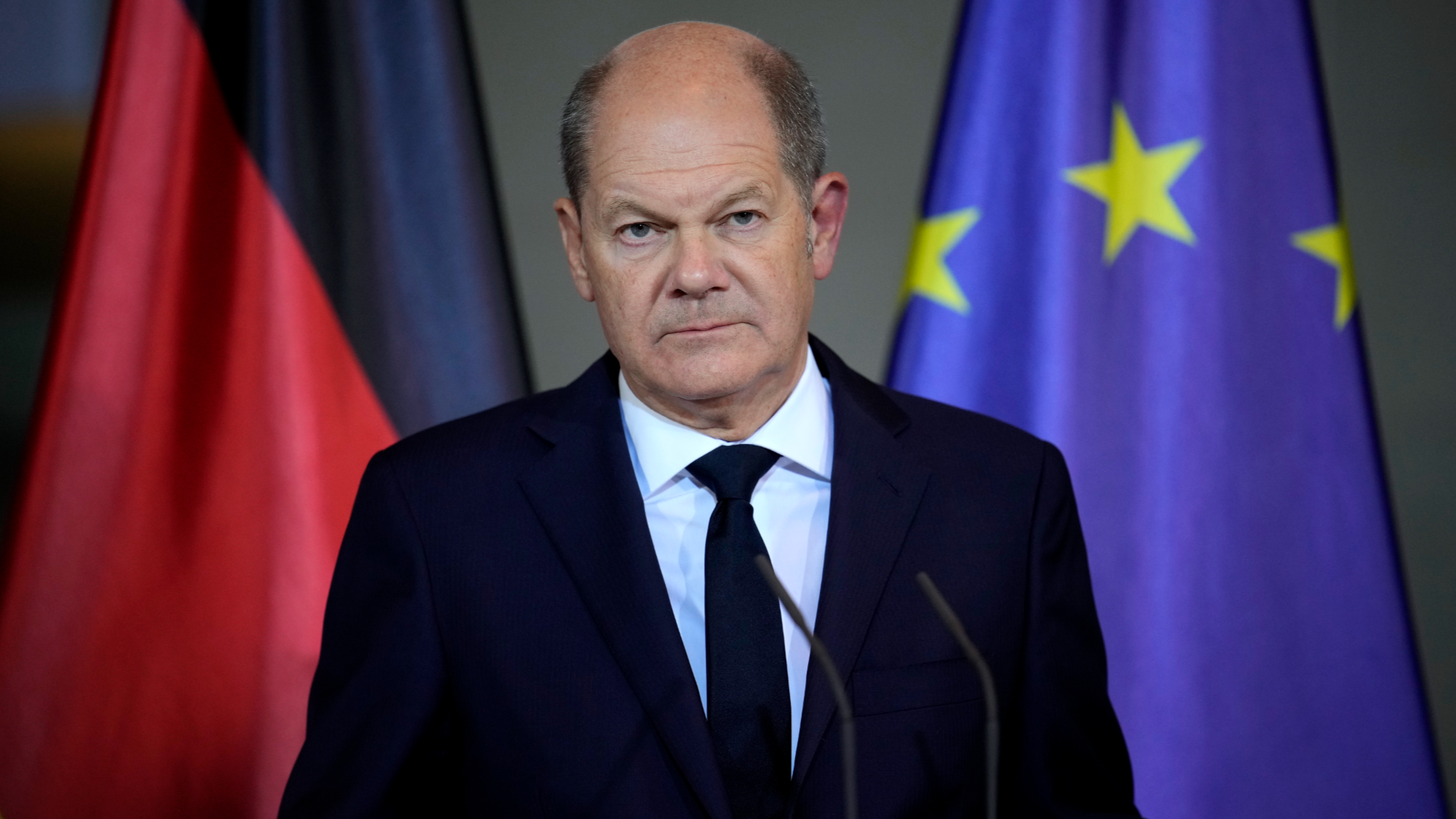
BERLIN - German Chancellor Olaf Scholz's coalition faces a make-or-break moment on Wednesday as leaders of the three parties convene to forge compromises between their differing visions on rescuing the economy from decline.
Relations between Scholz's center-left Social Democrats (SPD), the Greens and free-market Free Democrats (FDP) have sunk to new lows over the past week as they aired their respective strategies without consulting one another.
The FDP, long the odd-one-out in the ideologically mismatched and fractious coalition, has doubled down on its ultimatum: that some key deals must be reached in what the party has called an "autumn of decisions" or the coalition is finished.
READ MORE: 'No trust': Germany's ruling coalition hangs by a thread
"We need a real change in direction," FDP parliamentary chief Christian Duerr said on Tuesday.
Scholz, Finance Minister Christian Lindner of the FDP and Economy Minister Robert Habeck of the Greens are set to hold two crisis meetings on Wednesday, in addition to attending a cabinet meeting with a packed agenda.
Then they will join a broader gathering of parliamentary and party leaders from the three camps at 6 pm (1700 GMT) that could extend into the night.
The chancellor and his two top ministers hope to reach a preliminary agreement on how to plug a multi-billion-dollar hole in the budget and forge a compromise on economic policies that they can present to their respective parties.
"It's clear it is possible," Scholz told reporters on Tuesday.
A coalition collapse could leave Scholz heading a minority government and relying on ad hoc parliamentary majorities to govern, or trigger an early election - which surveys suggest would be disastrous for all three coalition parties.
The SPD and Greens are polling well below their scores in the 2021 election, while the FDP could be ejected from parliament altogether.
The three parties are at odds over how best to rescue Europe's largest economy.
READ MORE: German Greens' leadership quits after coalition's election blows
The FDP has proposed public spending cuts, lower taxes and less regulation as the answer to this malaise. It also wants to slow down Germany's shift to a carbon-neutral economy.
The SPD and the Greens meanwhile, while at odds on a host of other issues, agree that targeted government spending is needed.
Still, Habeck made a major concession towards the FDP on Monday, saying the funds earmarked as subsidies for a new Intel chip factory could now be used to plug the hole in the budget.


